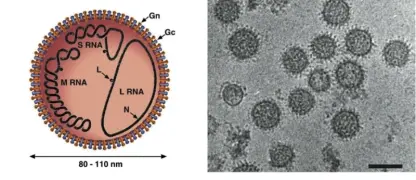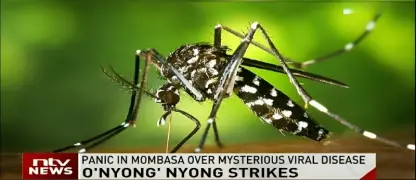Oropouche Fever is a viral disease transmitted by biting midges. Understanding its symptoms, causes, and prevention is crucial to protect yourself and your community from infection.
What are the main causes of Oropouche Fever?
- Oropouche Fever is primarily caused by the Oropouche virus, which is transmitted to humans through the bite of infected Culicoides midges.
- Environmental conditions such as tropical and subtropical climates increase the prevalence of virus-carrying midges, elevating the risk of outbreaks in affected areas.
- Human activities like deforestation and urbanization bring people into closer contact with vector habitats, facilitating the spread of Oropouche Fever.
Key symptoms of Oropouche Fever to watch for
- High fever is a hallmark symptom, often appearing suddenly and lasting several days, sometimes accompanied by chills and fatigue.
- Patients frequently experience severe headaches, joint and muscle pain, and a general feeling of malaise during the course of infection.
- Additional symptoms may include skin rashes, nausea, vomiting, and eye irritation, which can mimic other viral infections and complicate early diagnosis.
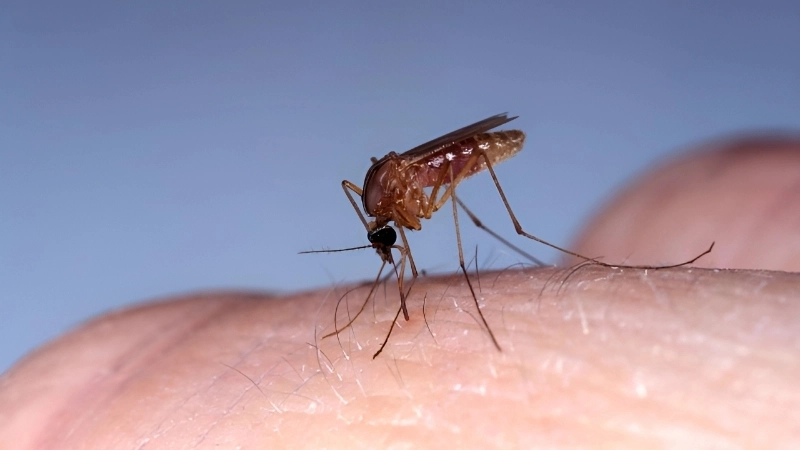
>>>Learn more: Understanding mayaro virus fever symptoms and risks
How can you prevent Oropouche Fever effectively?
- Use insect repellent on exposed skin and wear long-sleeved clothing to reduce the risk of bites from infected midges.
- Maintain proper sanitation and remove standing water around homes to minimize breeding sites for insects carrying the Oropouche virus.
- Public health awareness and mosquito-control programs in endemic regions help limit outbreaks and educate communities on preventive measures.
>>>Learn more: Colorado tick fever symptoms causes and treatment tips
Image description of Oropouche Fever
Oropouche Fever is a mosquito-borne viral infection that causes high fever, headache, and fatigue. It spreads primarily in tropical regions via infected midges, posing a public health risk.
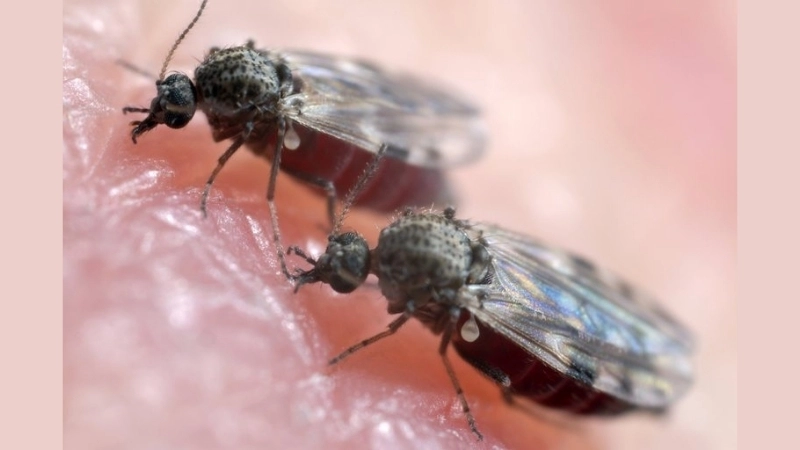

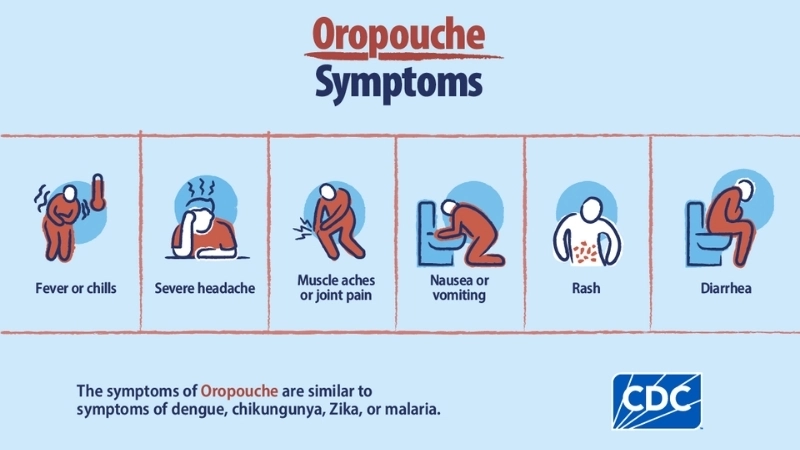

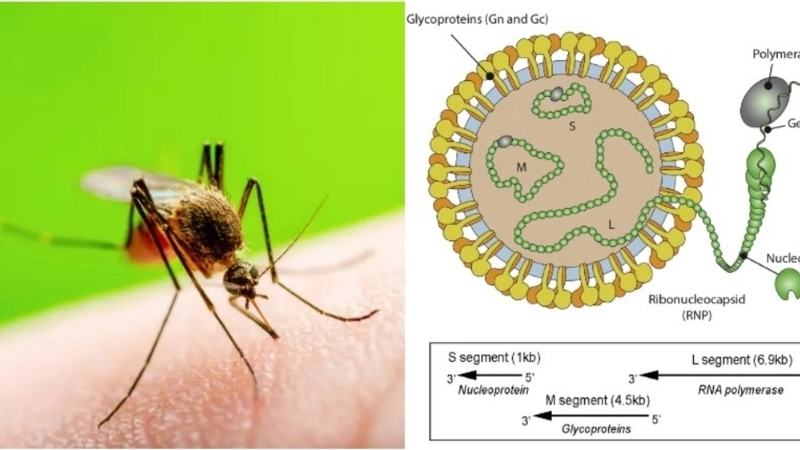

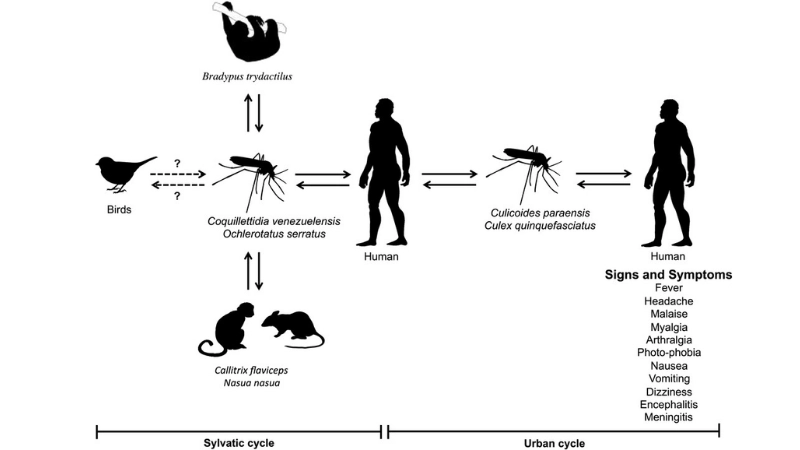

>>>Learn more: Understanding herpetic keratitis (Eye Herpes) symptoms
Preventing Oropouche Fever involves awareness, mosquito control, and timely medical care. Early detection and protection measures can significantly reduce the risk of serious illness.




